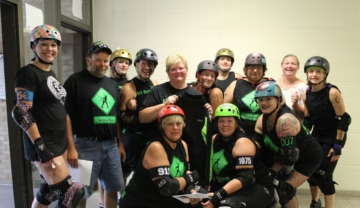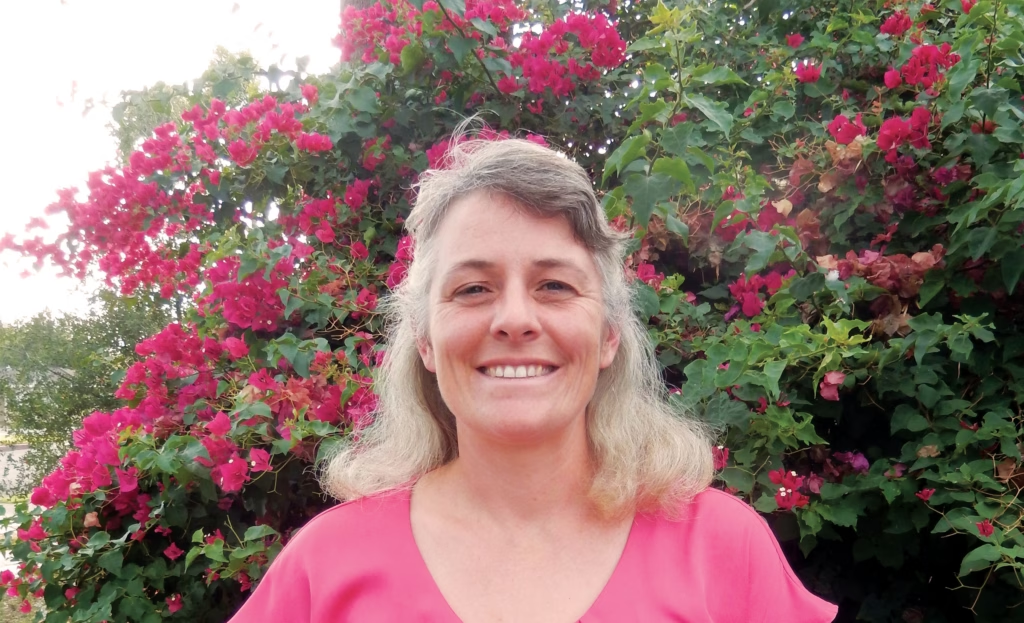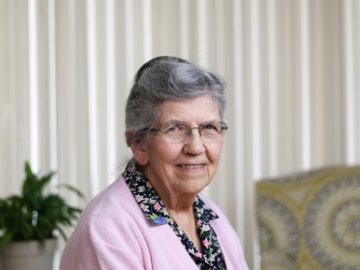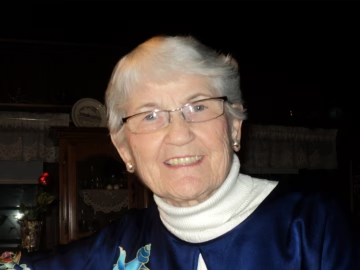
As a believer with a traditional view of marriage, what led you to LGBTQ ministry?
About five years ago, one of our student leaders was hosting an event and two presidents of LGBTQ clubs happened upon it. This student was chatting with them and suddenly felt the need to ask forgiveness, recognizing that Christians had sinned against the LGBTQ community.
They were really struck by that, and it led to an “ally” training (a reconciliation process that trains non-minority students to be able to advocate for a minority group). But it was going to be hard for some of the Christians to be “allies” because that required full endorsement.
So the president of the LGBTQ group said, “We need to create a new category — ‘friend,’ someone who stands against bullying, harassment, and anything dehumanizing.”
It was the first time that a place had been made for me.
It felt like the grace of God. Previously, when people found out I had a traditional understanding of marriage, I was an enemy. In this case, the conversation was incredible. It didn’t get mired in any political, divisive issues. A lot of trust was built, and about five people started hanging around our Christian group.
How do you talk to your students about sexuality?
I start off by having them agree to four anchors — Christ at the center, God’s goodness, loving our neighbors, and Scripture’s authority.
Then I lay out three positions: “redeemed sexuality,” which says that because of sin, all of us need our sexuality redeemed, and that God wants us to live out our sexual lives through either celibacy or lifelong marriage between one man and one woman; the gay-affirming perspective; and “I don’t know.”
Underneath the gay-affirming perspective, often, are deeper questions about how we interpret Scripture, whether or not God is really good, and if Jesus fully satisfies. Those, to me, are even more important discipleship questions that are revealed.
What do you wish people knew about Jesus?
That Jesus is at work in the world, making this a place that reflects the goodness of God — shalom. I wish they knew that God sees us and loves us the way that parents see and love their children; that God wants to give them the fullness of life, and they can trust him with that.
And of course that means change, because all of us need change so that we can grow up to be more like Jesus.
How can we better love gay people?
We will serve people well if, at the same time we are talking about this issue, we are working on ways of actively loving LGBTQ people both within and outside the Church.
Originally published as “Kate Vosburg: Seventeen years of campus ministry and God’s leading have positioned her to bridge the gap between the Church and the LGBTQ community. Kate will now take your questions” for the fall/winter 2015 issue of BIC U.S.’ In Part magazine.


